Menu
Hot-Topics
February 19, 2026 | SCOTUS Reaffirms Fourth Amendment Standard for Police Responding to Household Emergencies
Category: Homepage post
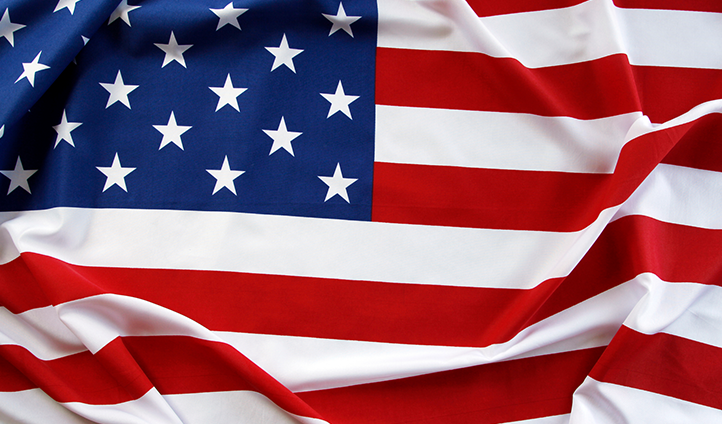
Divided Supreme Court Limits Review of Factual Issues in Immigration Cases
In Patel v. Garland, 596 U.S. ____ (2022), the U.S. Supreme Court held that federal courts lack jurisdiction to review facts found as part of any judgment relating to the granting of discretionary relief in immigration proceedings enumerated under ...

Supreme Court Rejects Arbitration-Specific Waiver Rule
In Morgan v. Sundance, Inc., 596 U. S. ____ (2022), the U.S. Supreme Court held that the Fifth Circuit Court of Appeals erred in adopting an arbitration-specific rule conditioning a waiver of the right to arbitrate on a showing of prejudice. Accordi...
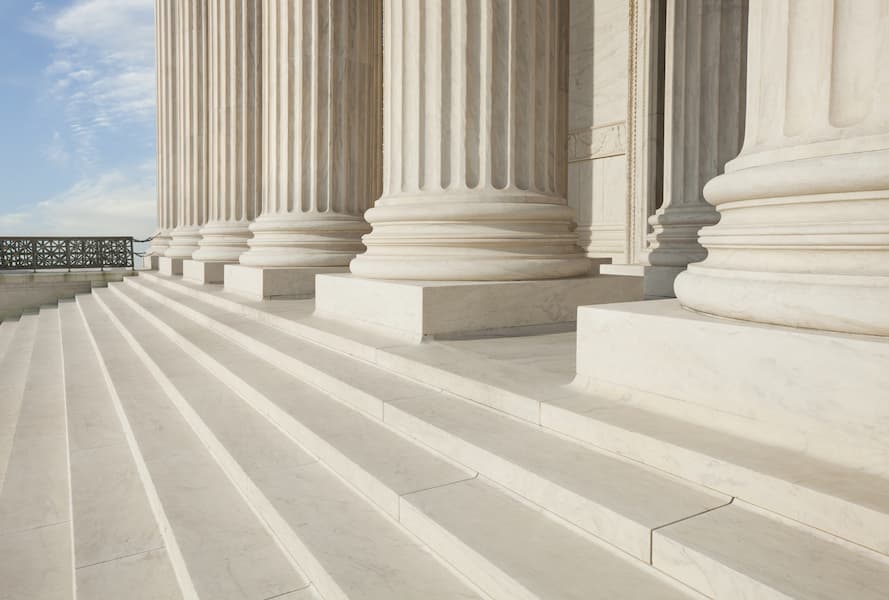
SCOTUS Rules Emotional Distress Damages Unavailable in Rehabilitation Act or the Affordable Care Act Actions
In Cummings v. Premier Rehab Keller, P.L.L.C., 596 U.S. __ (2022), the U.S. Supreme Court held that emotional distress damages are not recoverable in a private action to enforce the Rehabilitation Act of 1973 or the Affordable Care Act. Facts o...
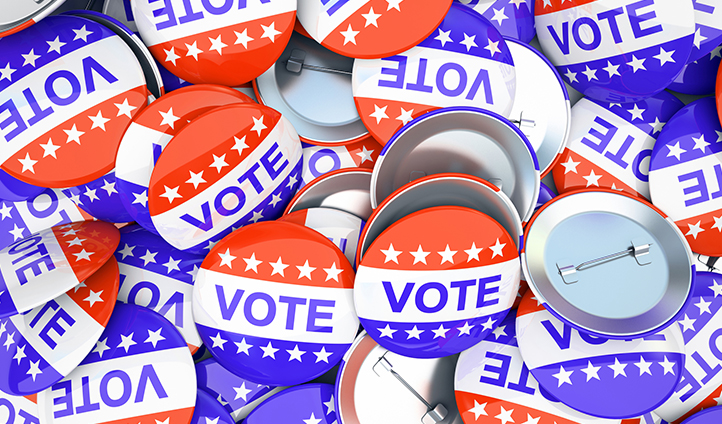
Supreme Court Strikes Down Campaign Financing Law as Unconstitutional
In Federal Election Commission v. Ted Cruz for Senate, 596 U.S. ____ (2022), the U.S. Supreme Court held that Section 304 of the Bipartisan Campaign Reform Act of 2002 — which limits the amount of post-election contributions that may be used to re...

SCOTUS Wraps Up Oral Arguments for the Term
The U.S. Supreme Court has concluded its oral arguments for the October 2021 Term. The justices heard arguments in six cases, which addressed issues ranging from methods of execution for death-row inmates to whether a high school football coach shou...

SCOTUS Rules Acquittal Not Required to Bring Malicious Prosecution Claim
In Thompson v. Clark, 596 U.S. ____ (2022), the U.S. Supreme Court held that to demonstrate a favorable termination of a criminal prosecution for purposes of the Fourth Amendment claim under 42 U.S.C. §1983 for malicious prosecution, a plaintiff ne...
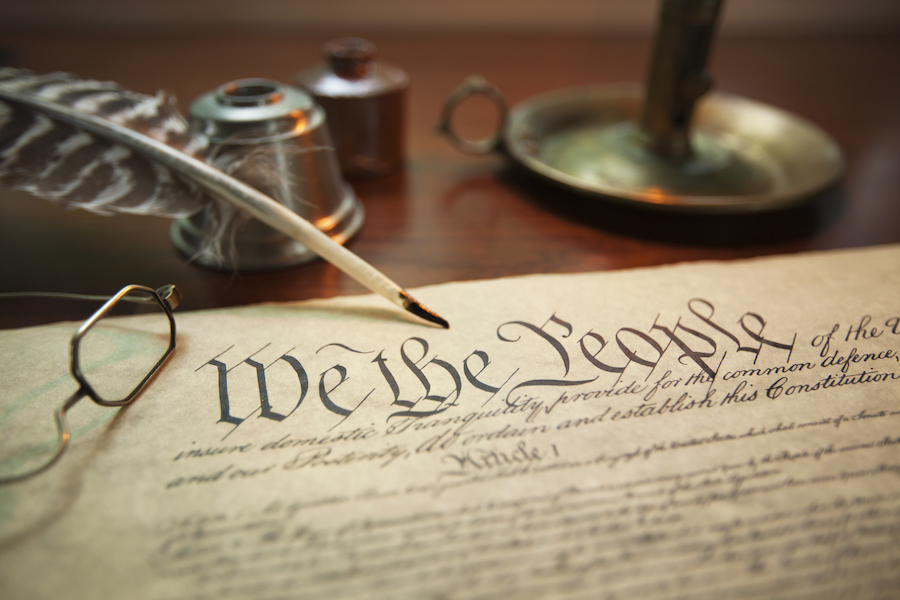
SCOTUS Rules Censure of Elected Board Member Didn’t Violate First Amendment
In Houston Community College System v. Wilson, 595 U.S. ____ (2022), the U.S. Supreme Court held that an elected trustee did not have an actionable First Amendment claim arising from his Board’s purely verbal censure. The Court’s decision was un...

Supreme Court Breach Is Not the First Involving Roe v. Wade
The recent disclosure of Justice Samuel Alito’s decision purporting to overturn Roe v. Wade is arguably the most significant breach in the history of the U.S. Supreme Court. However, it is not the first time that a landmark abortion decision was...

Supreme Court Favors Religious Liberty in Death Row Case
In Ramirez v. Collier, 595 U. S. ____ (2022), the U.S. Supreme Court held that Texas can’t execute a man death row unless it allows his pastor to pray and lay hands on him while he is executed. The Court specifically held that Ramirez is likely to...
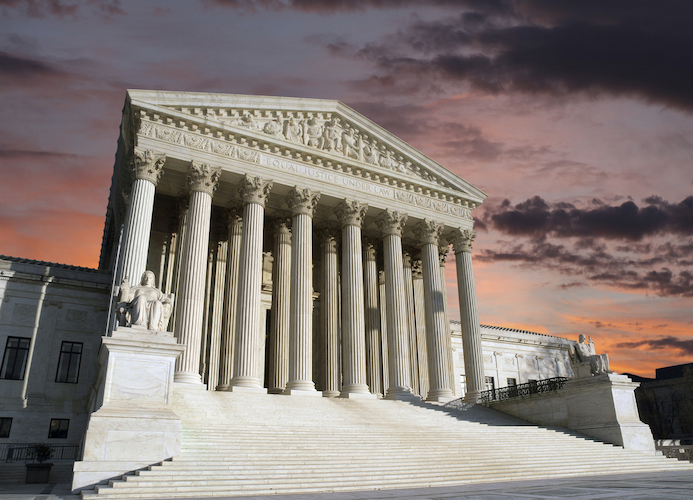
Arbitration at Center of Last Week’s SCOTUS Oral Arguments
The U.S. Supreme Court heard oral arguments in four cases last week, with Justice Clarence Thomas participating remotely after being discharged from the hospital. The Federal Arbitration Act took center stage in two of the four cases. Other issues b...
Previous Articles
SCOTUS Decision in Bowe v. United States Is First of the 2026 Term
by DONALD SCARINCI on February 5, 2026
In Bowe v. United States, 607 U.S. ___ (2026), the U.S. Supreme Court held that Title 28 U.S.C. § ...
SCOTUS Rules State Can’t Immunize Parties from Federal Civil Liability
by DONALD SCARINCI on January 29, 2026
In John Doe v. Dynamic Physical Therapy, LLC, 607 U.S. ____ (2025) the U.S. Supreme Court held that...
Supreme Court to Address Racial Discrimination in Jury Selection
by DONALD SCARINCI onWhile the U.S. Supreme Court has concluded oral arguments for the year, it continues to add cases t...
The Amendments
-
Amendment1
- Establishment ClauseFree Exercise Clause
- Freedom of Speech
- Freedoms of Press
- Freedom of Assembly, and Petitition
-
Amendment2
- The Right to Bear Arms
-
Amendment4
- Unreasonable Searches and Seizures
-
Amendment5
- Due Process
- Eminent Domain
- Rights of Criminal Defendants
Preamble to the Bill of Rights
Congress of the United States begun and held at the City of New-York, on Wednesday the fourth of March, one thousand seven hundred and eighty nine.
THE Conventions of a number of the States, having at the time of their adopting the Constitution, expressed a desire, in order to prevent misconstruction or abuse of its powers, that further declaratory and restrictive clauses should be added: And as extending the ground of public confidence in the Government, will best ensure the beneficent ends of its institution.
Awards





